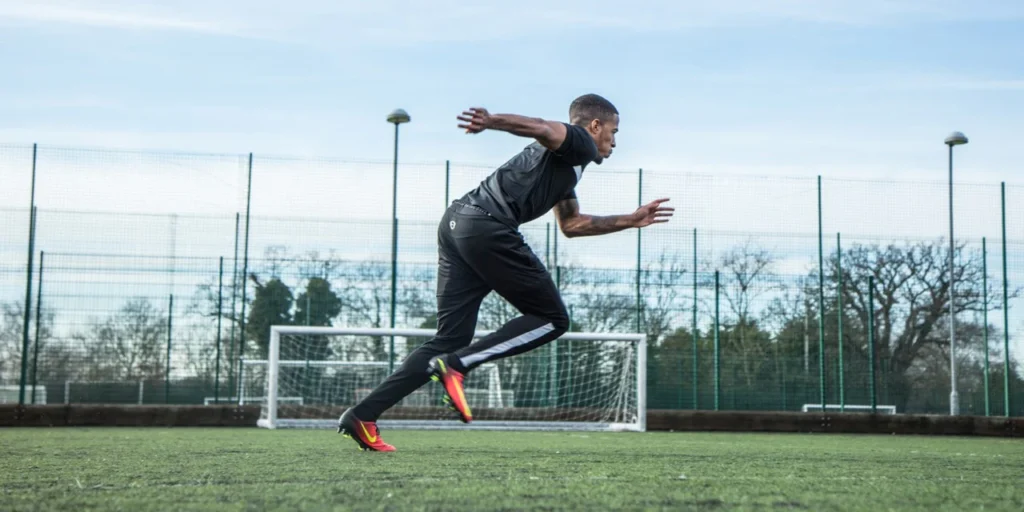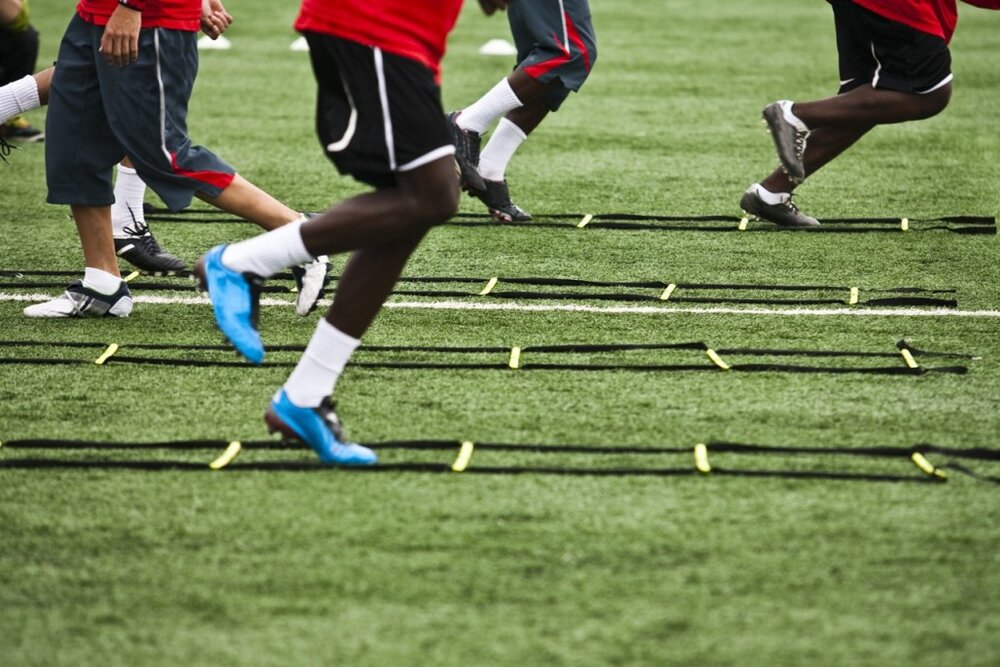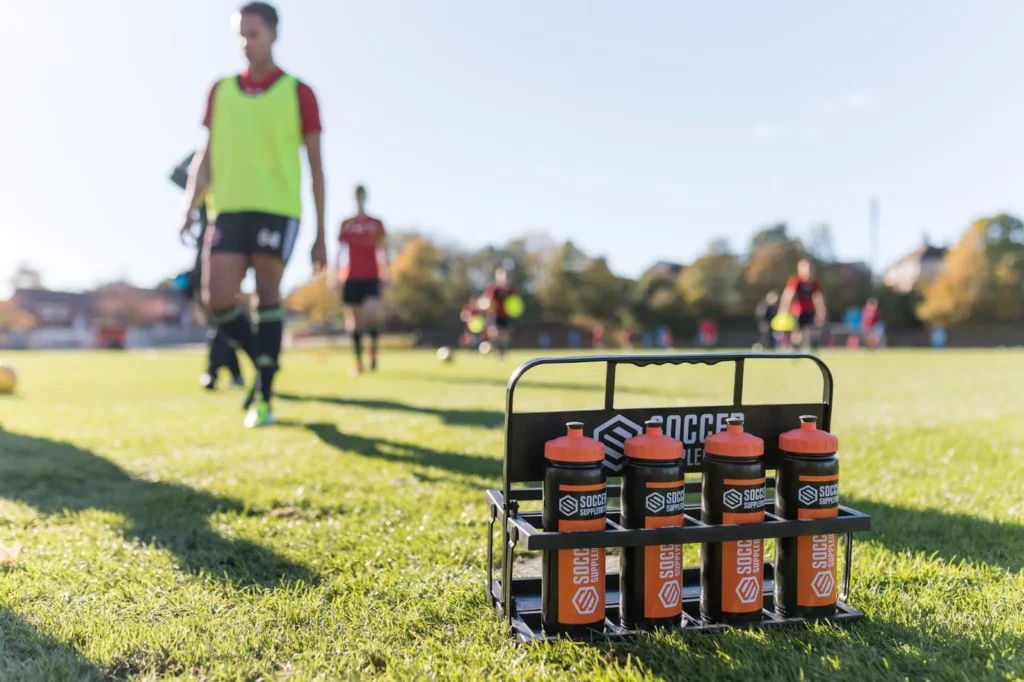
How to Become a Better Soccer Player
Soccer, or football as it’s known in many parts of the world, is a sport that requires a combination of physical and mental capabilities working together. Whether you need to perform at your best on the field or make accurate premier league predictions, you must have a well-rounded training regimen that addresses all aspects of your game or wagering.
In this article, we’ll look at some of the critical elements of training like a soccer player and provide tips on how to make the most of your time on the pitch and improve your skills and overall game.
Physical Training

First and foremost, soccer players need to be in good physical shape.
Being a successful soccer player means having a good level of cardiovascular fitness, as well as strong legs and core muscles.
To build your cardiovascular fitness, you should aim to do at least 30 minutes of moderate-intensity cardio, such as jogging or cycling, three to four times a week.
You should do various squats, deadlifts, lunges, and planks to build your leg and core strength.
Psychomotor Skills

In addition to cardiovascular and strength training, soccer players also need to work on their speed, agility, and coordination.
This can be done through sprints, ladder drills, and plyometric exercises. Speed and agility training should be done twice a week in addition to your cardiovascular and strength training.
Develop Your Technical Skills
Another critical aspect of training as a soccer player is developing your technical skills.
This includes things like dribbling, passing, shooting, and ball control. To improve your technical skills, you can practice these skills on your own and in small-sided games with other players.
You can also find training guides online and take to a local pitch to work on the finer aspects of ball control and footwork before trying those skills against the competition.
Mental Check

Working on your mental game is just as important as working on your physical game.
A strong mental game can give you the edge to perform at your best on the field. One key aspect of the mental game is visualization. By visualizing yourself making great plays, you are training your mind to believe that it’s possible and preparing your body to execute those plays in real-life situations.
Another critical aspect of the mental game is goal setting. Setting specific, measurable, attainable, relevant, and time-bound goals is an effective way to stay motivated and focused on your goals.
This can be anything from scoring several goals in a season to improving your passing accuracy. A clear plan makes you more likely to put in the work and effort required to achieve it.
Mental preparations and goal setting will be key to seeing the incremental changes from your physical and cardiovascular strength training or reaching new peaks with ball skills.
Mental preparation is also crucial for success on the pitch. This means taking the time to prepare yourself mentally for games and practices.
This can include visualizing yourself playing in the game, going through your pre-game routine, and setting your intentions for the game. By preparing yourself mentally, you will be able to focus on the task at hand and be better equipped to handle any challenges that come your way.
Proper Diet

In order to train like a professional soccer player, it’s essential to have a proper nutrition and recovery plan in place. Nutrition is vital in providing the energy and nutrients your body needs to perform at its best.
A balanced diet that includes carbohydrates, proteins, healthy fats, and various fruits and vegetables will ensure you have enough energy to train and compete.
Hydration is also essential. Make sure you drink enough water throughout the day to stay hydrated and avoid cramps during the game.
It’s also important to pay attention to nutrient timing, meaning consuming the proper nutrients at the right time. For example, consuming carbohydrates before and after training can help to fuel and recover your muscles. Eating a protein-rich meal after a training session can help to repair and rebuild muscle tissue.
In conclusion, training like a soccer player is not just about physical exercise but is more encompassing of your overall well-being. A well-rounded approach that addresses all aspects of your game is critical to success on the field, while a specific focus on areas of weakness will help you develop skills and reach the next level of performance for you.
Remember to stay consistent, work hard, and have patience. Hard work pays off, and you’ll be on your way to becoming a great soccer player before you know it.
